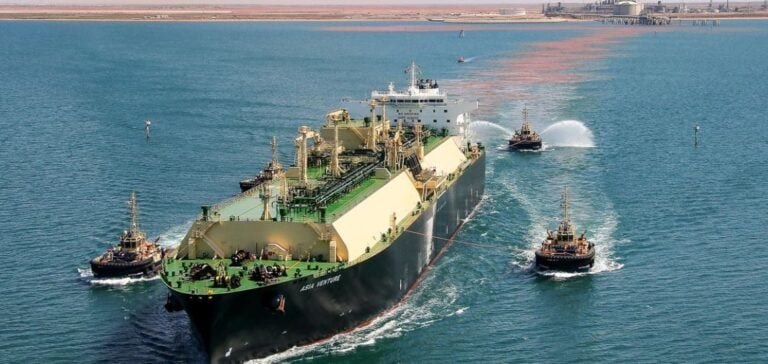Australian strikes at Chevron are causing concern in the LNG market.
Australian Chevron Strikes Disrupt LNG Market
Potential disruptions to the LNG market
Chevron employees have called rotating strikes at gas production sites in Australia, threatening to disrupt up to 5% of global liquefied natural gas (LNG) supplies. This announcement caused concern on the gas markets, leading to higher prices.
The Offshore Alliance, which represents a large workforce, warned that the strike could cost Chevron billions. The unions plan to intensify strikes in the coming weeks, with continuous interruptions, bans and limitations.
Chevron said it would take steps to maintain safe and reliable operations in the event of any disruption to the facilities. However, the situation remains tense, with disagreements on key points between management and employees.
LNG supply concerns
Although Europe has replenished its gas stocks following the disruption caused by the war in Ukraine, the market remains concerned about the situation. Strong demand in Asia also adds to supply uncertainty.
Last year, a strike on Shell’s Prelude gas vessel in Australia lasted 76 days, resulting in an estimated $650 million in lost revenue. Strikes at Chevron could have a similar impact on the LNG industry.
Chevron is one of Western Australia’s leading natural gas producers, with a production capacity of over 15 million tonnes of natural gas every year. The company is particularly proud of the Gorgon gas plant, one of the world’s largest LNG projects.
Why does it matter?
Strikes at Chevron in Australia are causing concern in the global LNG market, with potential repercussions on supply and prices. The situation serves as a reminder of the importance of stability in the natural gas industry, and highlights the challenges facing producers and workers alike.






















